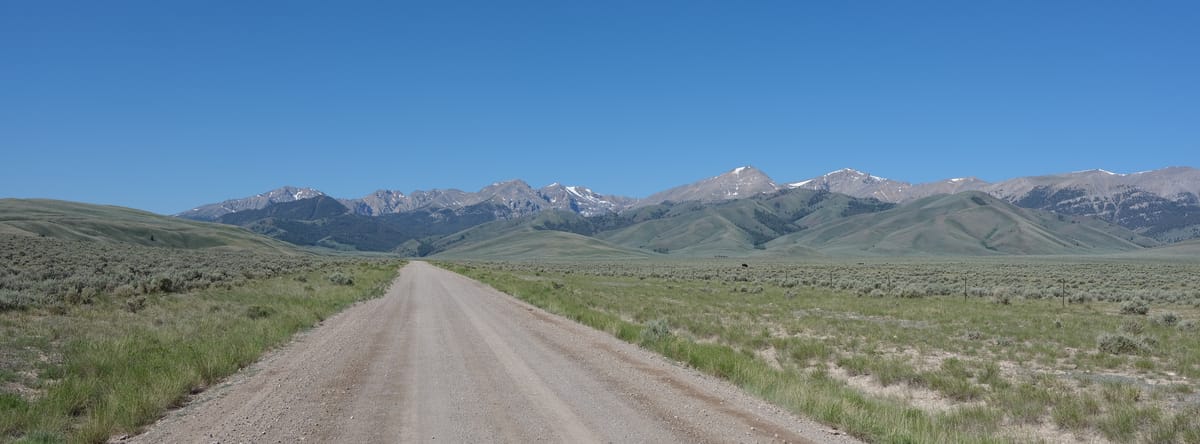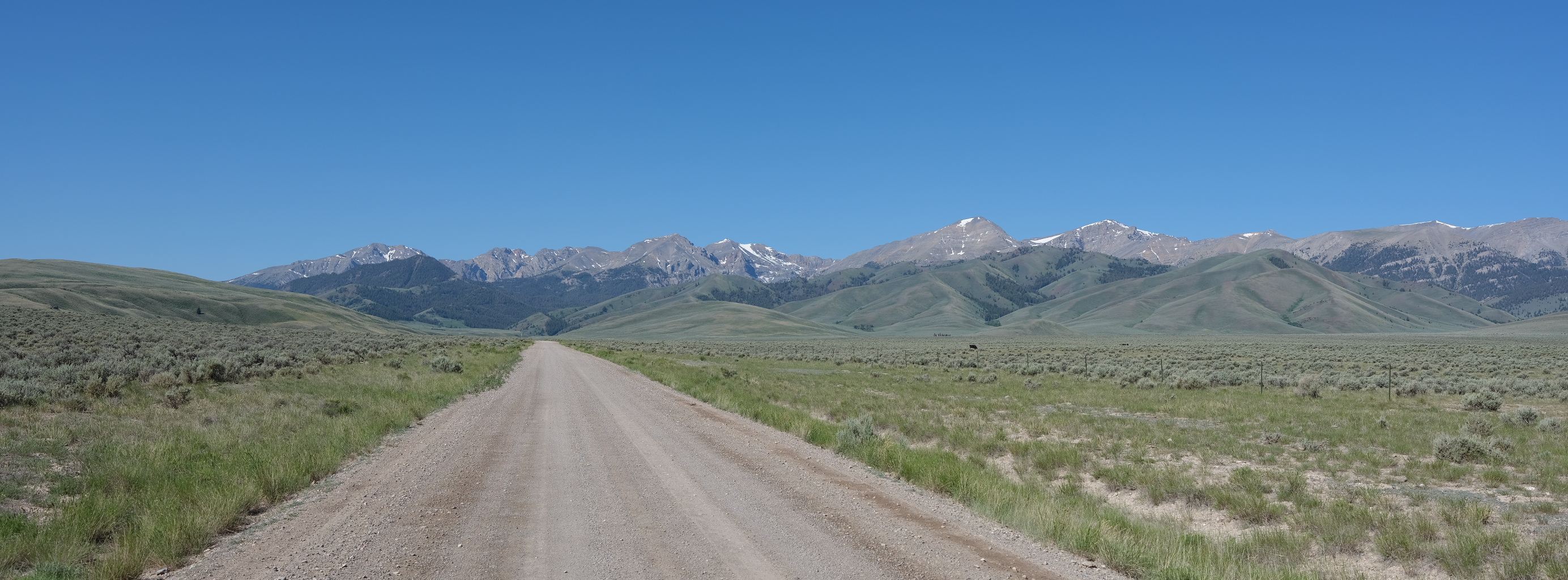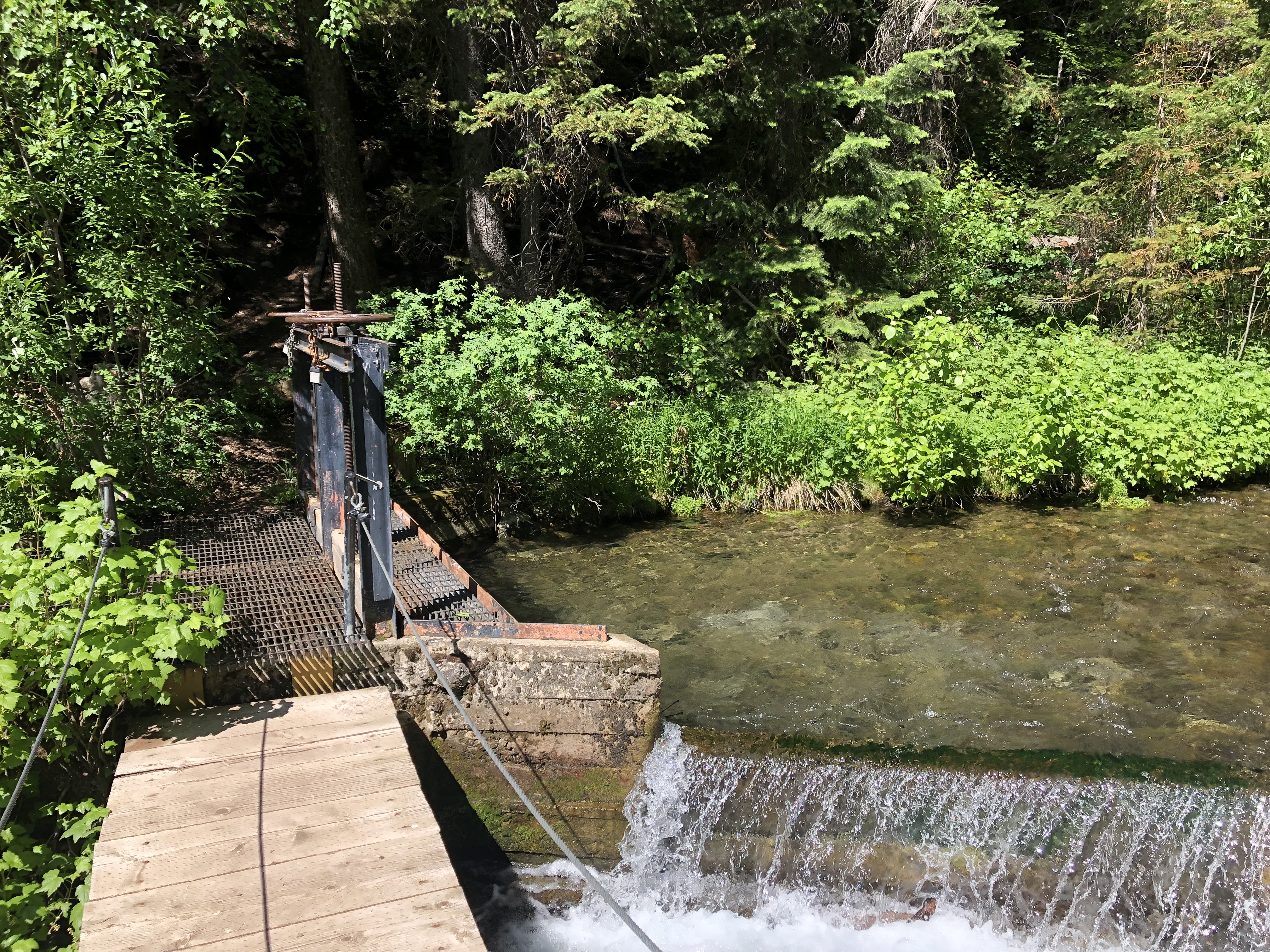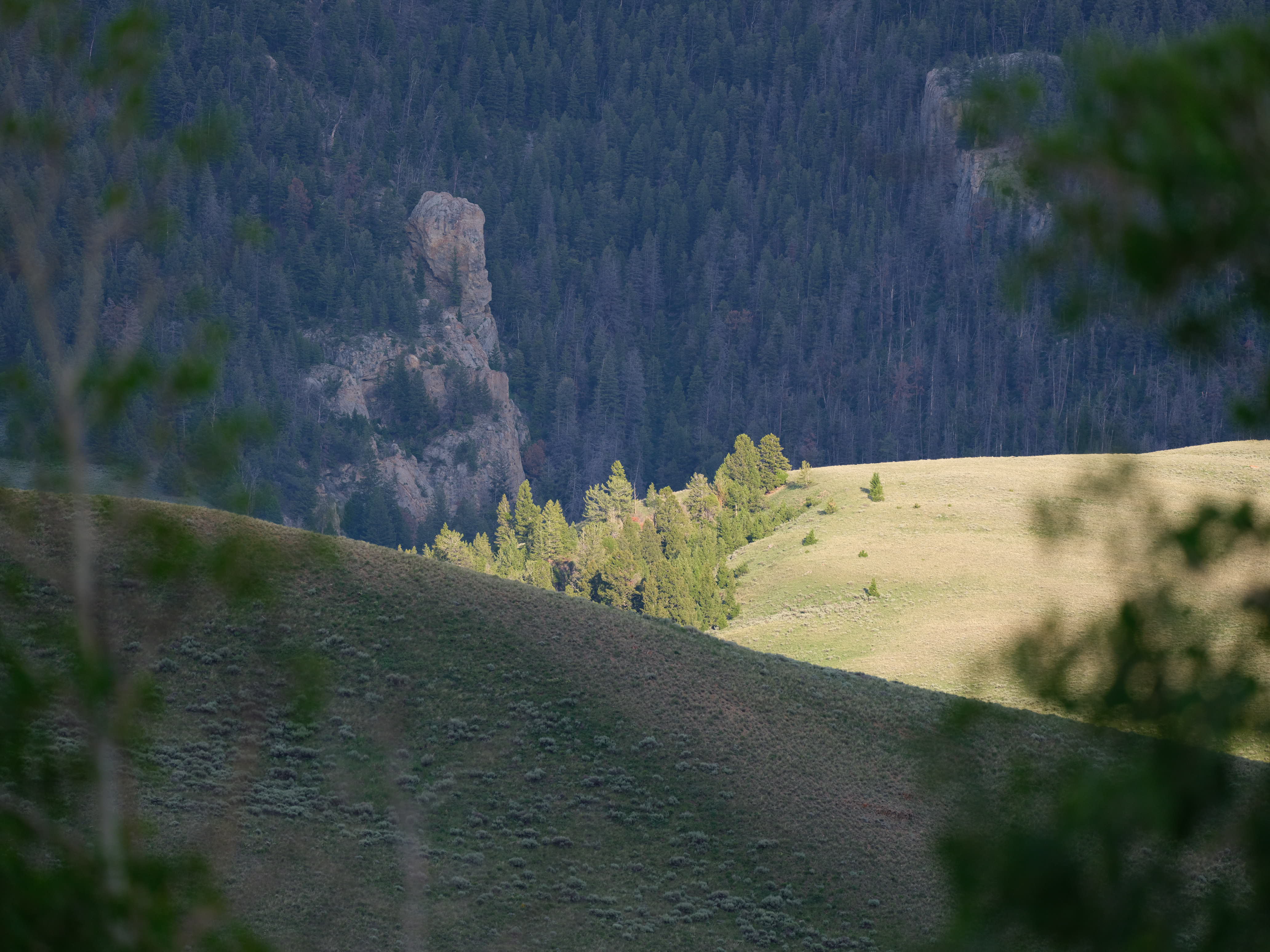This Land is My Land
A re-post from Notes from North Idaho

I have a confession of sorts to make. I grew up in Arizona and learned to revel in the western landscape. From childhood it was my playground and my counsellor. My parents and grandmother imparted on me the value of our public lands.

My confession is that I think this land is my land which it is but also isn’t. As I travel through the West I have been forced to confront this. That the land is not of course solely mine but a kind of public trust or commons. I know this intellectually but emotionally it is much more personal in feeling.
I suppose I wouldn’t be at all surprised to learn that many or most other lifelong residents in the West would feel the same way. That their proprietary interest in the land would seem like mine yet at the same time emphasize the kinds of uses they grew up with. Perhaps ranching, mining, hunting, or fishing. I would imagine that those who make their living from public land would have a more deeply felt connection. Maybe not more deeply felt but certainly more existential.
It seems this is where all the conflict begins. I would have to put aside sheer greed for the moment. Those that would overturn the land, rape, and destroy it for a profit. This is the least sincere though perhaps most powerful motivation.
And so it seems if we who enjoy the West and public lands want to get along better perhaps it is worth considering how sincere everyone’s sense of proprietary ownership is. How these competing interests can find space in the vastness of the west and perhaps from this how to get along. How each of us views the role of caring for and our custodial role.
On our way out of a campground near Paris Idaho we encountered three cattle trucks unloading cattle for grazing on the mountain above us. There were some cowboys prodding cattle out of the trucks, cows were bellowing their reticence.
An older woman perhaps in her early seventies approached on horseback in full regalia. She explained they had three trucks to unload and asked if we were in a hurry. We said we weren’t and she thanked us. She asked where we were from and we said North Idaho. She said that was a long way away, despite being in the same state. After a short polite conversation she rode back to watch the unloading. Eventually the first truckload of cattle was out and moving towards the gate at the edge of the road and cowboys on foot and horseback positioned themselves to make sure they didn’t come our way down the road.
An older gentleman who I took to be the woman’s husband drove them into the pasture. A young man, perhaps a grandchild, of 15 years hung back on horseback, his horse a remarkable white with a long flowing mane and tail. He sat tall and straight in his saddle like his grandfather. He lacked some confidence but was focused on what was expected of him. This is what these folks do with their kids when school is out.
Once the cattle were out of the way the truck was moved aside. The woman came to explain we could drive the edge of the road and she guided us on horseback. The grandfather nodded and said thank you and I said it was a great show. He gave me a wry half smile. We then moved on our way. And here in this moment was the human contact and traditions more than a hundred years old meeting the modern. We could have been from different planets. His life raising cows and me making computer chips.
The pastures were green rich and verdant and we even thought they looked tasty. The cows will take a share of what the deer and antelope and elk would normally have had.
Earlier we had hiked up to Paris Spring above the campground. There was a weir diverting the spring into a canal. Above that was a locked concrete box where the town takes its water from. Slightly above that the spring gushed forth from the base of a cliff. A river fully formed in its birth.

As we drove past the cattle trucks we wondered why we could not see an irrigation canal on the far side of the draw. Then we saw a pipeline heading straight downhill into a red brick building where power was being generated from the head of the spring higher up where we saw it. After the power was extracted the water was directed into an irrigation canal down below.
The whole thing was a remarkably efficient use of the water. And yet like the pasture half of the volume of the spring was diverted and some of the water never recovered. Less water for fish and migratory wildfowl, less grass for the wild grazers.

When you travel about the West it is full of interpretations of ‘This land is my land, This land is your land.’ When we travel there we make our assertions and claims about this great land.
The people who live there are making their assertions as well as a living. In some places these people are the only thing that keeps it from getting worse and more crowded. In some cases these are the very people making it worse. These are the tensions that have shaped the West since people began thinking of it that way.


